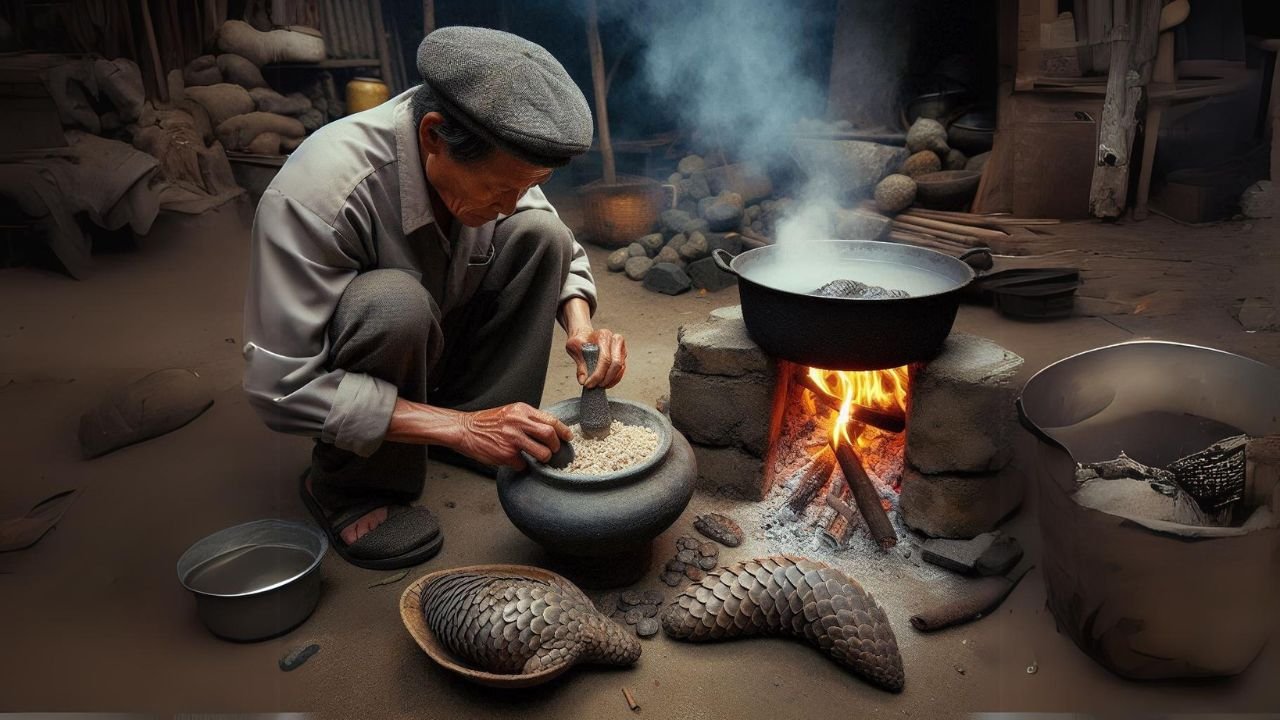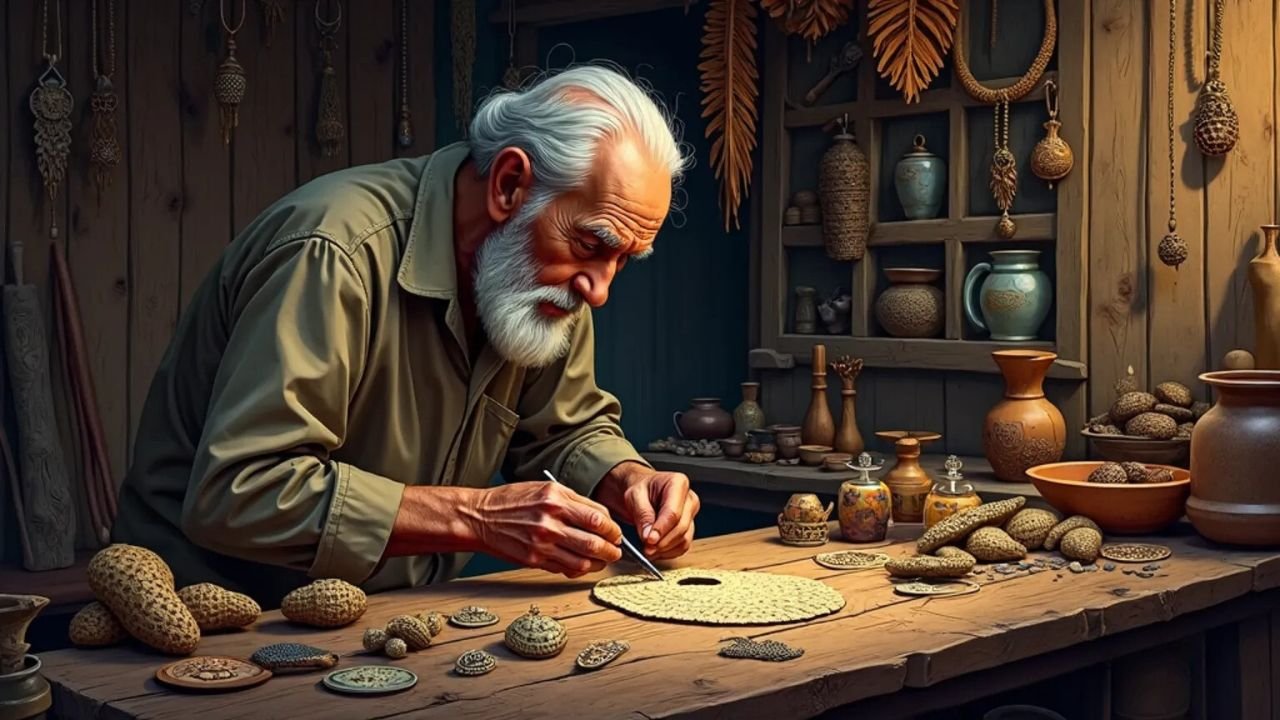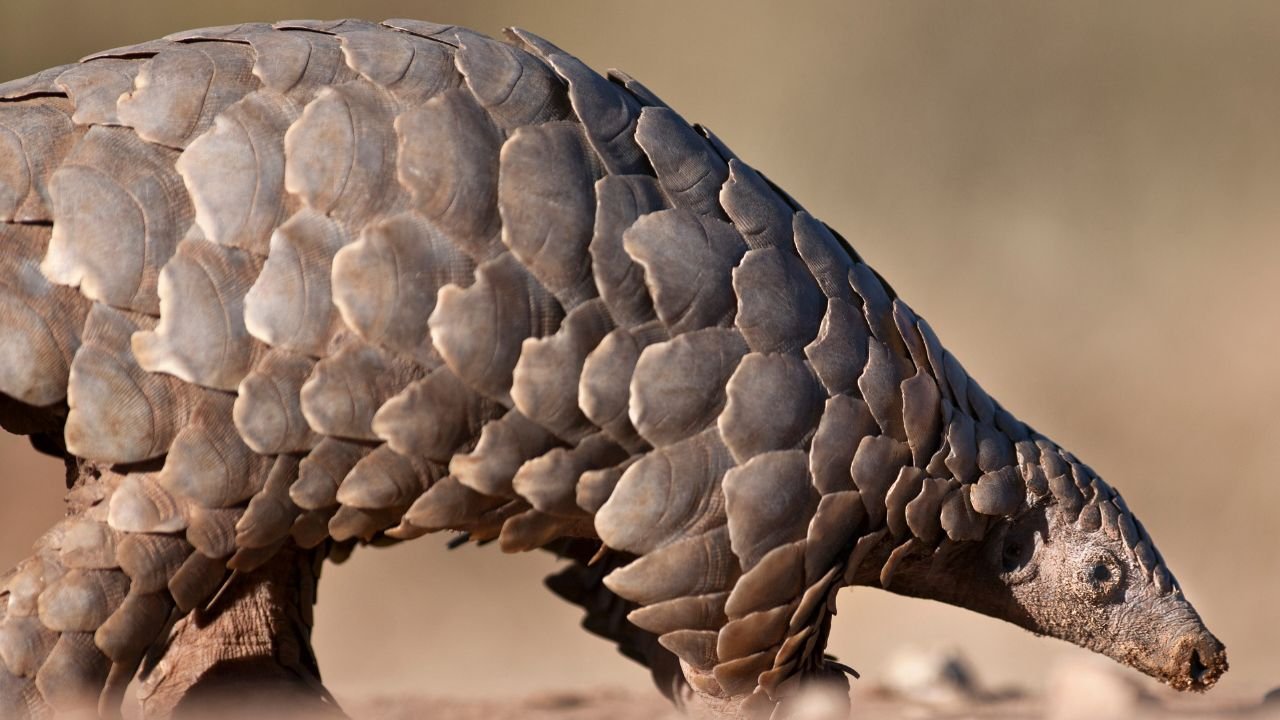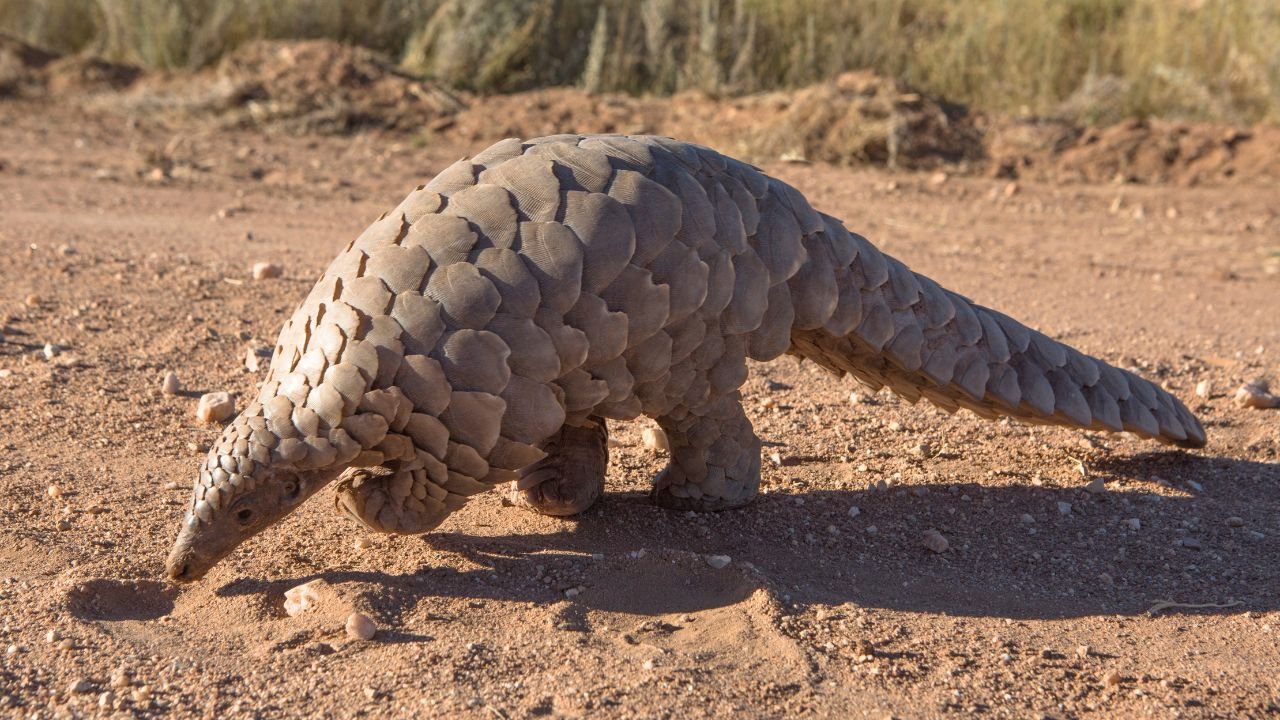Pangolins are unique and the only mammals on Earth with scales on their bodies. They are found in Southeast Asia and Africa. They are highly trafficked animals worldwide mainly due to their scales and meat. Here, we gathered information about what pangolin scales are used for.
What Are Pangolin Scales Used For
Pangolin scales have been used for centuries in traditional medicine in China, Vietnam, and parts of Africa. No scientific evidence supports their effectiveness, but they are still in high demand and put most pangolin species on the brink of extinction. Besides medicine, pangolin scales have also a symbolic significance in some cultures. They are also used for ornamental purposes and in fashion.
Use In Traditional Medicine

Pangolin scales are used in traditional Chinese and Vietnamese medicines to cure various diseases, from cancerous tumors to asthma. It is usually ground into powder and consumed alone or mixed with other ingredients. It is also sometimes added to soups, teas, and other herbal remedies.
To cure joint and muscular pain, skin inflammation, and swelling, powdered scales are often mixed with oils and other ingredients to make a paste and then applied to the affected area.
Alleged Health Benefits
Traditional medicine practitioners in China claim that pangolin scales can treat a variety of conditions, such as:
- Rheumatism and arthritis (reduce joint pain and inflammation)
- Skin issues (eczema, psoriasis, boils, abscesses)
- Menstrual disorders (improve blood circulation and ease cramps)
- Enhance milk production in nursing mothers
It is also claimed that pangolin scales have detoxification properties and can treat cancer. It is claimed that it can even cure infertility. However, all these claims are only based on traditional beliefs, and no scientific research has proven the benefit of these practices.
Popularity And Demand In Asian Market
Pangolin scales are a highly demanded ingredient in traditional Chinese medicine. It alone makes up to 20% of the protected animal parts in the black market.
Use In Cultural Symbolism And Superstitions
Pangolin scales are believed to have spiritual and magical properties in some cultures. For example, burning pangolin scales is believed to ward off evil spirits and bring good luck in parts of Africa.
Some believe that carrying pangolin scales provides spiritual protection, strength, and courage.
Use As Symbol Of Status And Wealth
In some communities, possessing pangolin scales is considered a sign of status and wealth because of their rarity and high value in the black market. This status symbol further drives poaching and illegal trade of pangolins.
Use In Fashion And Ornamentation

Pangolin scales have been used in the following ways in fashion, jewelry, and decorative items because of their unique look, texture, and rarity:
- Jewelry
Pangolin scales are used for making pendants, bracelets, and earrings. For this purpose, the scales are polished and shaped into beautiful designs.
- Fashion
In the fashion industry, designers incorporate pangolin scales into clothing, footwear, and bags. The scales are arranged in beautiful geometric patterns or accent pieces to embellish garments.
- Decorative Items
Pangolin scales have been used in crafting decorative items because of their natural curved shape and texture. It is used in figurines, inlays, or as part of intricate carvings.
What Are Pangolin Scales Made of? – Structure And Composition Of Pangolin Scales

Pangolin scales are hard, overlapping plate structures that cover most of their bodies including their back, sides, and tail. The arrangement of scales is like armor, which protects a pangolin’s body from predators. The size of scales varies, depending on the pangolin species and age. Adult pangolins usually have several hundred scales on their bodies.
Pangolin scales are made of hardened fibrous protein known as keratin. Keratin is the same material that makes our hair, fingernails, and animal horns. Like our nails, the pangolin scales can regenerate over time if damaged or lost.

